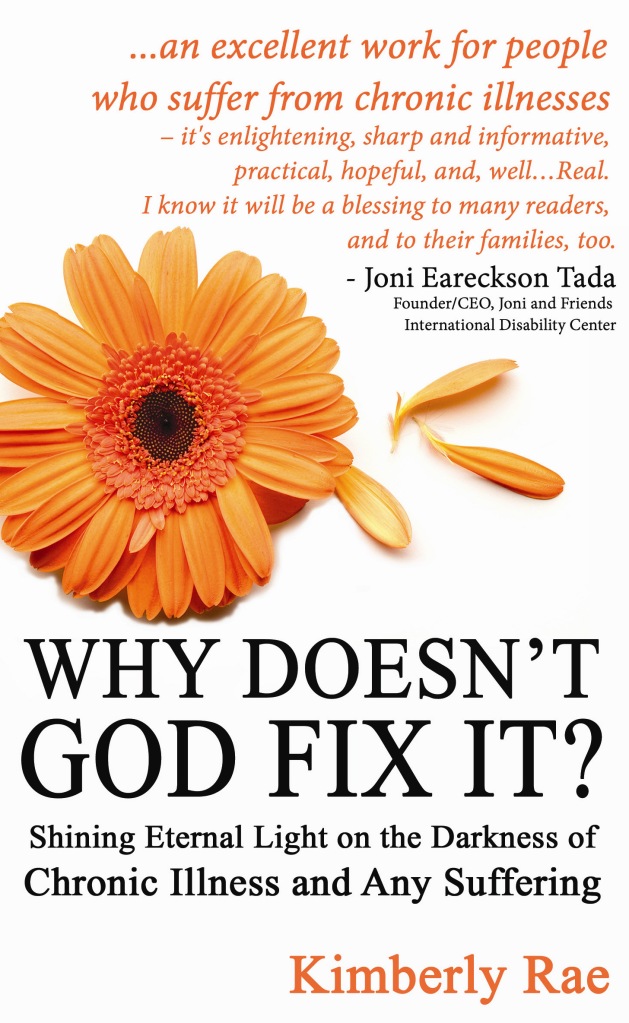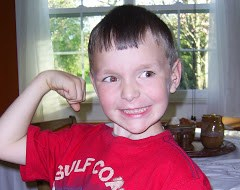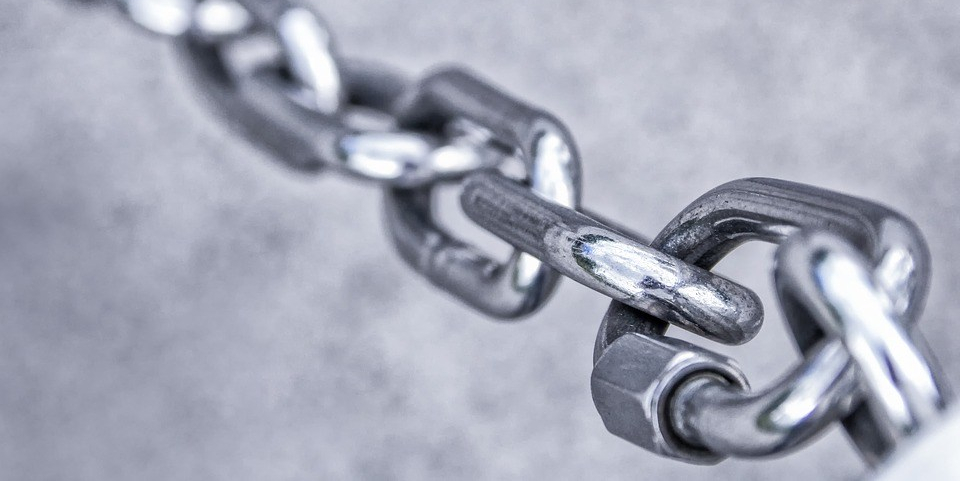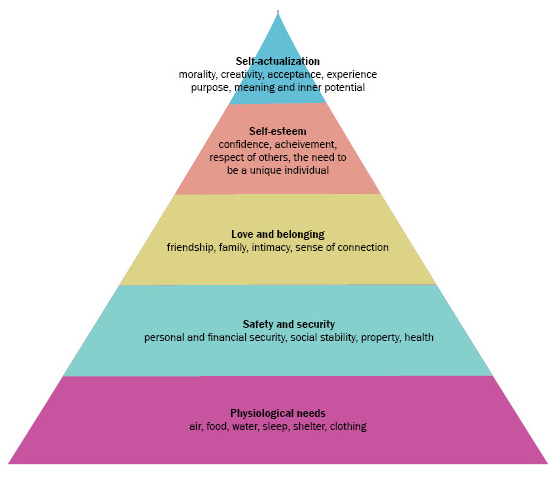American children begin viewing pornography at an average age of 11. More than 7 out of 10 teens hide their online behavior from their parents in some way. 35% of boys say they have viewed pornographic videos “too many times to count.” The average age for a boy to be exposed to pornography is 8. I would not have believed that had my husband not told me he was introduced to it by a schoolmate at age 9.
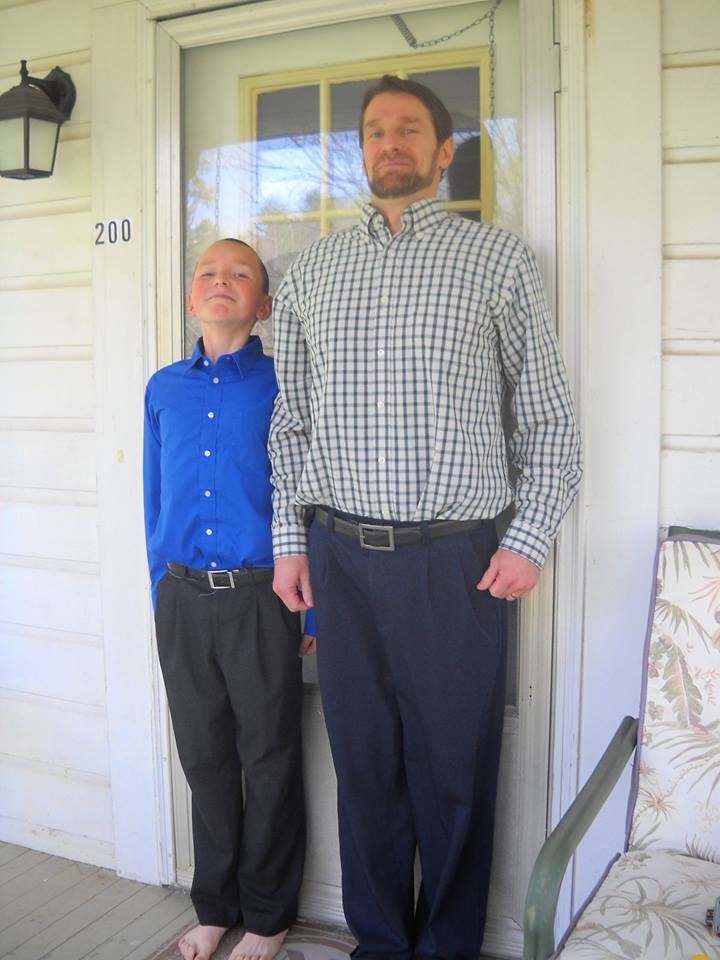
My son is 11 right now. He loves Legos and superheroes and football. I’d like to pretend I can keep pornography out of his life. But I can’t. It sneaks into my home in commercials. It offers itself blatantly on magazines in the grocery store stands. It pops up on tablets and phones and every gadget there is, like the photo of a woman in lingerie with the words “Try me for free” that popped up during the ball game we were watching on the computer last weekend.
If I love my son, I can’t avoid this issue. I can’t ignore it and hope it will go away.
I can’t just hope he’ll have the right perspective on his own. He’s a child. A curious child. (A lot of children are encountering porn when they ask google their questions, such as “what is sex?” and google answers with images.)
Pornography wants my son and yours. Children are more targeted by the porn industry than ever before. If they capture a child, they ensure a lifelong struggle with addiction, wrong perspectives about sex, damaged real-life relationships, and even a greater risk for violence and other exploitive behaviors within the sexual relationship.*
The American Academy of Matrimonial Lawyers reports that 56% of divorce cases involve one party having “an obsessive interest in pornographic websites.”
This is a battle for the hearts and souls of our sons. If we love our boys, if we want them to have self-respect, freedom from addiction, and good marriages in the future, we must understand what they are up against. And we must teach them how to fight before it ensnares them.
So how do we understand just how strong this pull is?
I have hypoglycemia, which is a blood sugar problem, and because of it I am not supposed to eat sweets. (This does have a connecting point, stick with me.) Most people can eat sugar and though it may cause long term symptoms or damage, it doesn’t hurt at the moment. For me, eating sugar causes negative consequences, quickly, and badly. Chocolate frosted donuts for example. I love them, love love love them. But I’m not supposed to eat any. If I do, I will end up feeling terrible later that day and the next and possibly even the third.
It’s not worth it. I know that. But still, when the Krispy Kreme “Hot Donuts” sign is on, I’m tempted to tell myself it would be worth the pleasure. I long for just one bite, just one that I know would lead to more.

I’ve learned to stay out of Krispy Kreme, but what about the donuts at Wal-Mart, or the grocery store, or sometimes even in my own house? What about birthday parties and church pot lucks?
Are you feeling sorry for me? Thank you.
Now, imagine those donuts were displayed next to every cash register in every store. Nearly every magazine had pictures of gooey, dripping with chocolate donuts. People in line in front and behind me were eating them. Some people brought them to church and ate them during the service. Everywhere I went, people offered me donuts. For free. No one would know. No one would mind. Just one bite.
This is pornography for men (not always the hard kind, but definitely the kind that draws the eye to skin and curves, drawing the thoughts to more–which is like a bite of a donut, still very tempting and sometimes harder to ignore because it feels more innocent). It is available all around them, free for the taking, promising secrecy and all the goodness of donuts’ taste while ignoring the later destructive consequences.
Some days I can be strong around donuts. Other days it really is hard not to feel sorry for myself or even a little resentful when I’m surrounded with donuts and other sweets, and I’m supposed to completely ignore them and not let their appeal tempt me. It’s hard.
Yes, I’m responsible to keep from eating them. Yes, the choice is my own. But it is so much easier when I am with people who refrain from offering me a slice of the dessert or a donut, with a, “Can’t you enjoy just one?” or “It’s a special occasion. A little bit won’t hurt, will it?”
This helps me understand what it is like for our boys and men to try to live godly in a culture saturated with sensuality, where photos of women immodestly dressed are just about everywhere they go, where girls around them dress in a way that draws attention to their bodies (yes, even at church) and they’re supposed to act like it doesn’t affect them. I know it’s worse than me with the donuts, which means it’s got to be hard. Every. Single. Day.
So what can we do to help our boys?
1. Be understanding. This is much, much harder than most of us can fathom.
2. Ask them about the struggle in general (when they are old enough). You might be surprised, if you are not judging or condemning, what you might hear.
3. Teach them the principle of not looking twice. The first time isn’t purposeful, looking a 2nd time is always a choice.
4. Put filters on your internet (including phones and tablets).
5. Do not keep a computer in the room where your son sleeps. (In my personal opinion, a TV shouldn’t be there either. Have you ever skimmed channels at 2 in the morning?)
6. Avoid watching shows where the women wear immodest clothing when your son is watching with you (like those period dramas where their chests are bulging out of their dresses).

7. Pray for your boys, for strength to face temptation, for they will face it. Pray this aloud in their presence at times.
8. If they do admit their struggles, do not freak out or start harping about men and their weaknesses.
9. Discuss with your husband how to help your son/s. Recognize the fact that your husband’s perspective might be more helpful than yours regarding boundaries.
10. Have a family code word to use when you come across something they shouldn’t see. You can ask them what code word would be cool. When someone says the word, the guys know to keep their eyes on their feet for a bit. (We made one for us girls, too.)
Remember that this aspect, being visually stimulated, is at its source a good gift from God, intended to help men and their marriages. It is the world, the flesh and the devil which have distorted this into something bad.
We should raise our sons to see this characteristic as a good, God-given one, but one that is easily turned to evil and needs to be tempered. That’s for another post, but for now, let’s be understanding and loving toward them and their struggle. Remember the donuts, donuts, donuts and how hard it would be to avoid them if they were everywhere. Any man who keeps his mind and heart pure in our culture is to be commended. Let’s raise those kind of men.





